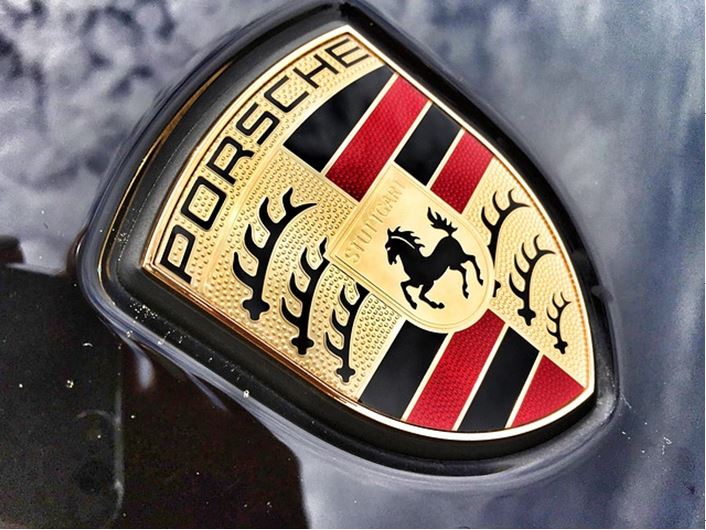

VW’s sportscar manufacturer, Porsche, will stop offering diesel versions of its cars, veering away from a technology that has come under intense scrutiny by regulators and environmental groups. The manufacturer will instead focus on gasoline, electric and hybrid vehicles because demand for diesel is declining, the company announced in a statement yesterday.
“Porsche has always matched its product range to its customers’ requirements and the pursuit of technological excellence. That is why the sports car manufacturer is intensifying its activities in the areas of hybrid technology and electromobility and will, in future, no longer offer vehicles with diesel propulsion,” the company released in their statement.
Earlier this year, Volkswagen admitted to deliberately cheating diesel emissions tests, following which Porsche halted sales of diesel cars in February amid a probe by German authorities into rigged engine-control software across VW.
Porsche claims that by 2022, it will have invested more than six billion euros in to its e-mobility wing, creating the basis for what the company is calling, sustainable growth into the future. According to Porsche, interest in its hybrid models has seen a huge increase, and nearly 63 percent of the Panameras sold in Europe, are hybrid models.
At the same time , the sportscar manufacturer said that the demand for diesel models was dropping. In 2017, the diesel share of its worldwide sales was 12 percent and the company has not had a diesel vehicle in its portfolio since February.
“Porsche is not demonising diesel. It is, and will remain, an important propulsion technology. We as a sports car manufacturer, however, for whom diesel has always played a secondary role, have come to the conclusion that we would like our future to be diesel-free. Naturally we will continue to look after our existing diesel customers with the professionalism they expect,” says Oliver Blume, CEO of Porsche AG. Diesel has been the fuel on which the German auto industry grew, thanks to their superior engineering with Diesel powered cars. That is one reason the German government has also been hesitant to take its renewables zeal all the way to the auto industry yet, repeatedly giving them time to adapt to the new reality.
With the Taycan, Porsche will bring its first purely electric sports car to the market in 2019 – its manufacture is CO2 neutral and it’s supplied with green electricity via an ultra-fast charging infrastructure spread over Europe. By 2025, every second new Porsche vehicle could have an electric drive – either hybrid or purely electric.
Blume further added, “Our aim is to occupy the technological vanguard – we are intensifying our focus on the core of our brand while consistently aligning our company with the mobility of the future.”
Read: Achtung Tesla, Audi Reveals its all Electric E-tron
In a significant move toward advancing green energy and industrial growth in the state, Himachal…
Golabl chemical conglomerate BASF has announced that its now offering the world’s first biomass-balanced polyethersulfone…
In a crucial stint to bolster the biogas sector and sustainable dairying in the country,…
TotalEnergies SE has received approval to proceed with its Middlebrook solar and battery project in…
Andhra Pradesh Chief Minister Chandrababu Naidu has inaugurated the Rs 1,000-crore green hydrogen plant of…
The BITS Pilani has developed an innovative solution for managing landfill leachate, domestic septage, and…